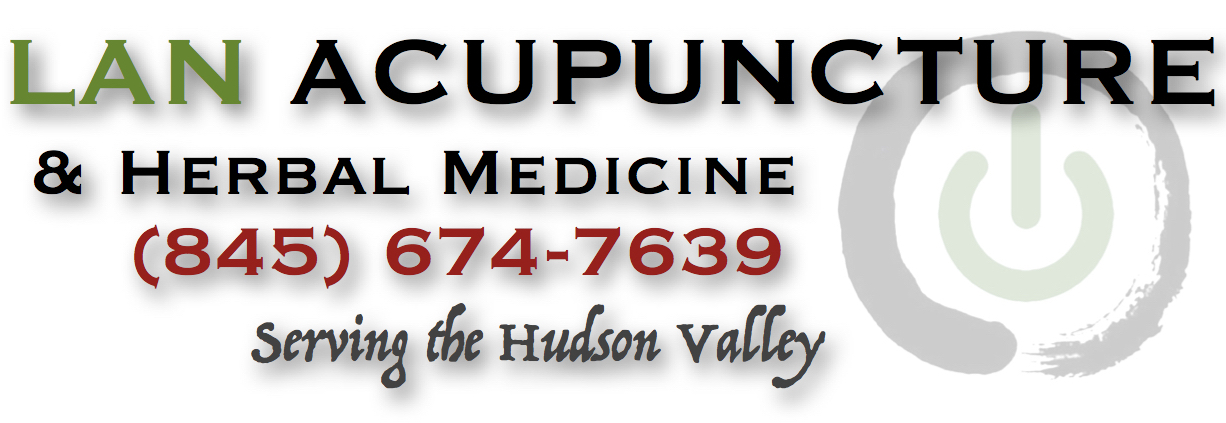TweetShare
 Over the past two decades, there has been a growing interest in the use of meditation to improve cognitive performance, emotional balance, and well-being. As a consequence, research into the psychological effects and neural mechanisms of meditation has been accumulating. Whether and how meditation affects decision making is not yet clear. Here, we review evidence from behavioral and neuroimaging studies and summarize the effects of meditation on social and non-social economic decision making. Research suggests that meditation modulates brain activities associated with cognitive control, emotion regulation and empathy, and leads to improved non-social and social decision making. Accordingly, we propose an integrative model in which cognitive control, emotional regulation, and empathic concern mediate the effects of meditation on decision making. This model provides insights into the mechanisms by which meditation affects the decision making process. More evidence is needed to test our explanatory model and to explore the function of specific brain areas and their interactive effects on decision making during meditation training.
Over the past two decades, there has been a growing interest in the use of meditation to improve cognitive performance, emotional balance, and well-being. As a consequence, research into the psychological effects and neural mechanisms of meditation has been accumulating. Whether and how meditation affects decision making is not yet clear. Here, we review evidence from behavioral and neuroimaging studies and summarize the effects of meditation on social and non-social economic decision making. Research suggests that meditation modulates brain activities associated with cognitive control, emotion regulation and empathy, and leads to improved non-social and social decision making. Accordingly, we propose an integrative model in which cognitive control, emotional regulation, and empathic concern mediate the effects of meditation on decision making. This model provides insights into the mechanisms by which meditation affects the decision making process. More evidence is needed to test our explanatory model and to explore the function of specific brain areas and their interactive effects on decision making during meditation training.
If we are to make peace in the world, we must first make peace in ourselves.
—The Dalai Lama
There is a growing body of evidence suggesting that interventions including regular physical exercise, cognitive behavior therapy, and ancient contemplative practices leads to a range of positive psychological outcomes such as improved cognitive performance, enhanced emotional regulation, and even plasticity-related alterations in the brain. In particular, one type of contemplative practice, meditation, has attracted wide attention from both psychologists and neuroscientists over the past two decades due to a growing appreciation for its ability to affect cognition, emotion, and decision making.
There are various definitions of meditation depending on what main interventions are emphasized. In general, meditation is defined as a broad variety of practices designed to cultivate emotional balance and psychological well-being, including relaxation, the observation of one’s own inner or outer experiences, and the intentional self-regulation of attention. There are many forms of meditation practice such as mindfulness meditation, concentrative meditation, transcendental meditation, Buddhist meditation, and others. In the current review, for the most part we focus on the literature regarding mindfulness meditation, and sometimes also compassion meditation and loving-kindness meditation. Mindfulness meditation refers to a broad range of practices based on promoting a non-judgmental and non-reactive state of awareness that may improve one’s ability to modify automatic behaviors in the long run. Compassion meditation focuses one’s awareness mainly on alleviating the suffering of all other sentient beings, and the central point of loving-kindness meditation is a loving and kind concern for the well-being of oneself and others. Among all types of meditation, these three types are most common and most studied in research on meditation and human decision making.
Evidence from behavioral studies has provided support for potential applications of meditation. In particular, a 3-month meditation retreat has been found to be associated with decreased variability in attentional processing of target tones, suggesting improved sustained attention. Also, in a 10-day program in mindfulness meditation, individuals showed decreased reaction time on an internal switching task and better performance in the Digit Span Backward subscale, suggesting a greater capacity for sustained attention, working memory, and executive function. From other perspectives, researchers also found that compassion-focused meditation may increase happiness as well as decrease worry and emotional suppression, and general meditation training may reduce emotional interference from unpleasant pictures.
Excerpt from:
Meditation Improves Decision Making







